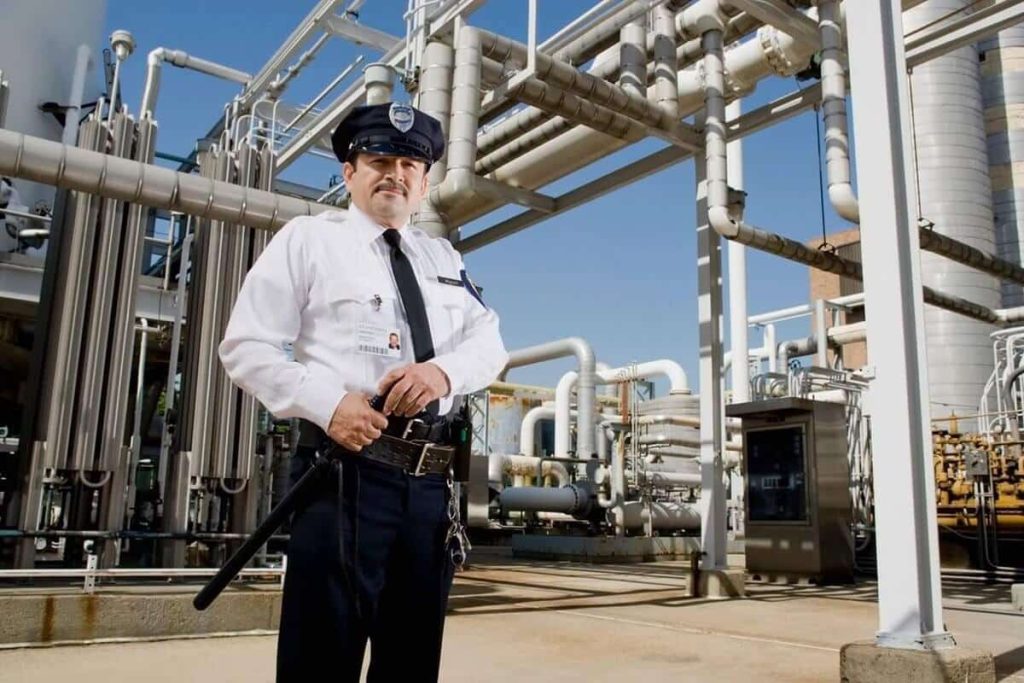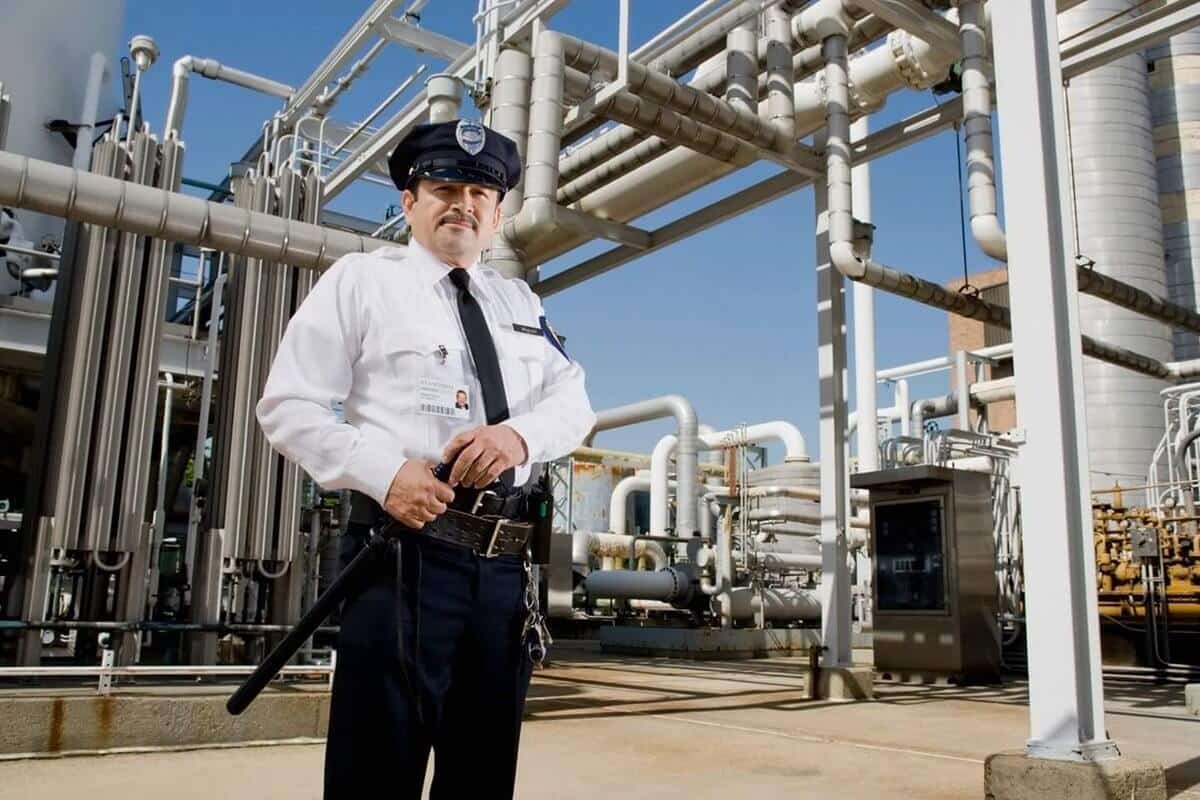The Security Industry Authority (SIA) plays a vital role in ensuring that the UK’s private security industry operates safely, professionally, and in accordance with the law. As a government body, the SIA is responsible for regulating the security industry by issuing licenses to individuals who work in designated security roles. For UK businesses, ensuring compliance with SIA regulations is not just a legal requirement but a critical aspect of maintaining safety, protecting assets, and upholding their reputation.
In this article, we’ll delve into the importance of SIA compliance, the risks of non-compliance, and why adhering to these regulations is essential for any business that employs security personnel in the UK.
What is the SIA?
The SIA was established in 2003 under the Private Security Industry Act to regulate the private security industry. Its primary responsibilities include the mandatory licensing of individuals working in certain security roles and managing an Approved Contractor Scheme (ACS), which measures private security service providers against independently assessed standards.
The SIA regulates individuals working in roles such as:
- Door supervisors
- Close protection officers
- Public space surveillance (CCTV) operators
- Security guards
- Keyholders
These roles are all subject to strict licensing rules, which ensure that security personnel are trained and vetted to meet specific standards. SIA compliance means that any individual employed in these roles must possess the relevant license and adhere to ongoing regulatory requirements.
The Importance of SIA Compliance for Businesses
- Legal Requirements
For businesses in the UK that hire or employ security professionals, SIA compliance is a legal obligation. Any company or organization that hires individuals to work in the aforementioned security roles must ensure that these individuals are properly licensed by the SIA. Failing to comply with this requirement can result in significant legal consequences, including hefty fines and criminal charges. The Private Security Industry Act mandates that individuals in designated roles must hold a valid SIA license, and businesses can be prosecuted for employing unlicensed personnel. Non-compliance is considered a serious offense, and ignorance is no defense. Business owners must be proactive in verifying that their security staff is properly licensed and continues to meet all necessary requirements. - Protecting Business Reputation
Hiring unlicensed security personnel not only carries legal risks but also poses a substantial reputational risk. The presence of unlicensed or inadequately trained security staff can damage a business’s credibility and trustworthiness. This is particularly important for businesses in industries such as retail, hospitality, and events, where public safety and customer experience are paramount. Customers and clients expect businesses to provide a safe environment. Hiring security professionals who are SIA-licensed ensures that they are competent, well-trained, and capable of handling various security situations. A lapse in compliance can undermine a company’s reputation and lead to a loss of trust, which can be difficult to regain. - Minimizing Security Risks
One of the core purposes of the SIA is to improve public safety by ensuring that security professionals are properly trained and vetted. SIA licenses are only granted to individuals who have undergone rigorous background checks, including criminal record checks, and have completed the necessary training. This helps mitigate the risk of employing individuals who may pose a threat to public safety. Licensed security personnel are trained to deal with various scenarios, including conflict resolution, emergency response, and threat detection. Ensuring that your staff is SIA-compliant means that your business is better equipped to handle security threats, reduce the risk of theft, vandalism, or violence, and protect your assets, employees, and customers. - Maintaining Professional Standards
SIA compliance helps ensure that businesses are operating to a professional standard. Security staff who hold an SIA license have undergone accredited training, meaning they possess the skills necessary to carry out their duties effectively. These skills include not only physical intervention and surveillance but also communication, customer service, and adherence to legal and ethical standards. The SIA also promotes professionalism through its Approved Contractor Scheme (ACS). Businesses that meet the ACS standard are recognized for their commitment to quality and compliance, which can serve as a mark of excellence in the industry. By employing licensed personnel and adhering to SIA standards, businesses can demonstrate their commitment to professionalism and high standards. - Avoiding Financial Penalties
Non-compliance with SIA regulations can result in significant financial penalties. Businesses found employing unlicensed security personnel can be fined up to £5,000 per offense, and directors or managers could face imprisonment for up to six months. In addition to direct penalties, businesses may face compensation claims from clients or customers who are harmed as a result of poor security practices or negligence. These financial risks far outweigh the cost of ensuring compliance with SIA regulations. By investing in proper licensing and training, businesses can avoid costly penalties, legal disputes, and reputational damage.
Risks of Non-Compliance
The consequences of failing to comply with SIA regulations can be severe, affecting both the individual and the business involved. Here are some of the key risks:
- Fines and Prosecution: As previously mentioned, the SIA can impose fines and prosecute businesses and individuals who breach licensing laws. This can lead to criminal records for company directors and managers.
- Damage to Client Relationships: Non-compliance can lead to the termination of contracts with clients, especially those in sectors that prioritize safety, such as government agencies, large corporations, or event management companies.
- Business Closure: In severe cases, persistent non-compliance can lead to the revocation of a business’s operating license, resulting in forced closure.
- Insurance Implications: Many business insurance policies include clauses that require the employment of licensed security professionals. Non-compliance with SIA regulations could invalidate a business’s insurance, leaving them vulnerable to financial losses in the event of a claim.
How to Ensure SIA Compliance
To avoid the risks associated with non-compliance, UK businesses should take the following steps:
- Verify Licensing: Regularly check the SIA website or use the SIA’s license status checker to ensure all security personnel hold valid and current licenses.
- Provide Ongoing Training: Ensure that security personnel are up to date with the latest industry standards and practices. SIA licenses require that professionals undergo refresher training to remain compliant.
- Partner with Approved Contractors: Consider working with security companies that are part of the SIA’s Approved Contractor Scheme. These companies have been vetted and approved for their high standards of service.
- Regular Audits: Conduct regular audits of your security staff and processes to ensure ongoing compliance with SIA regulations.
Conclusion
For UK businesses, compliance with SIA regulations is not just a legal requirement, but a crucial component of maintaining safety, professionalism, and reputation. Failing to comply with these regulations can have devastating consequences, both legally and financially. By ensuring that all security personnel are properly licensed and adhering to SIA standards, businesses can protect themselves from legal risks, uphold their professional reputation, and provide a safer environment for customers, employees, and the public.


